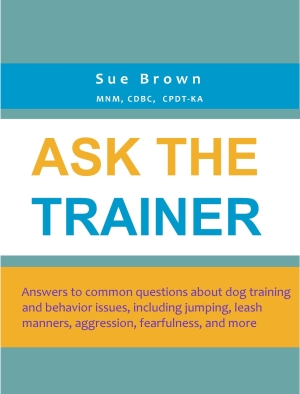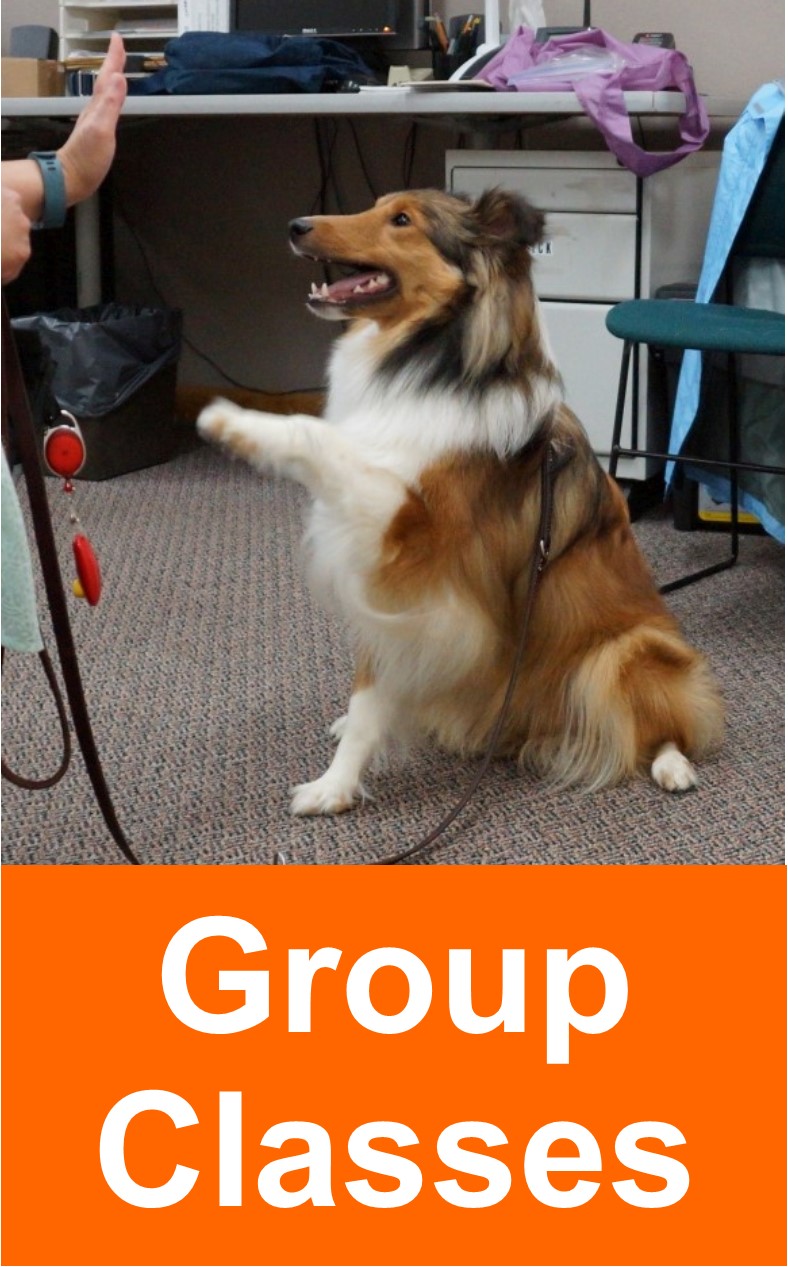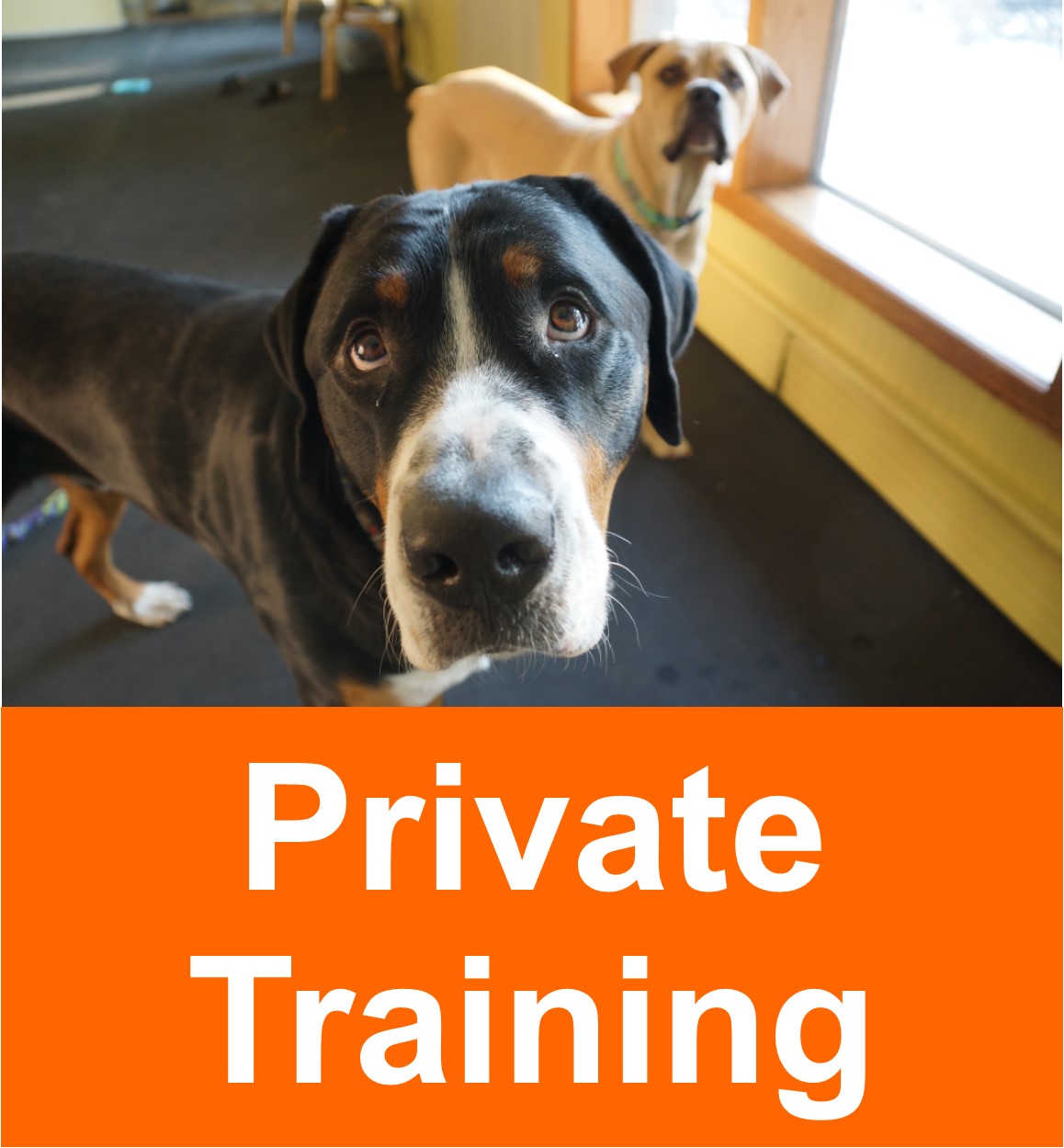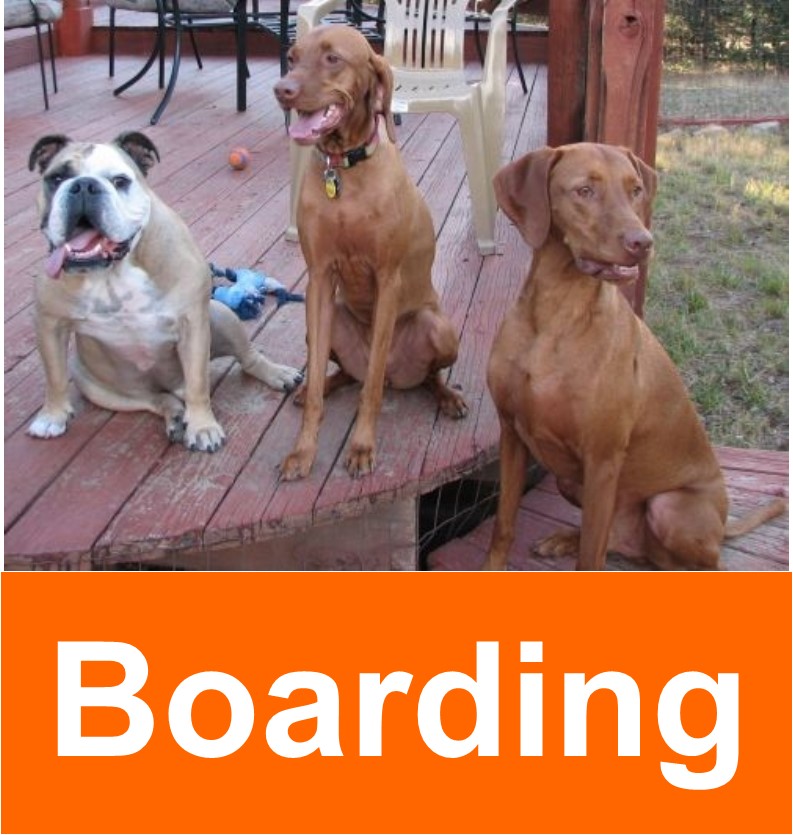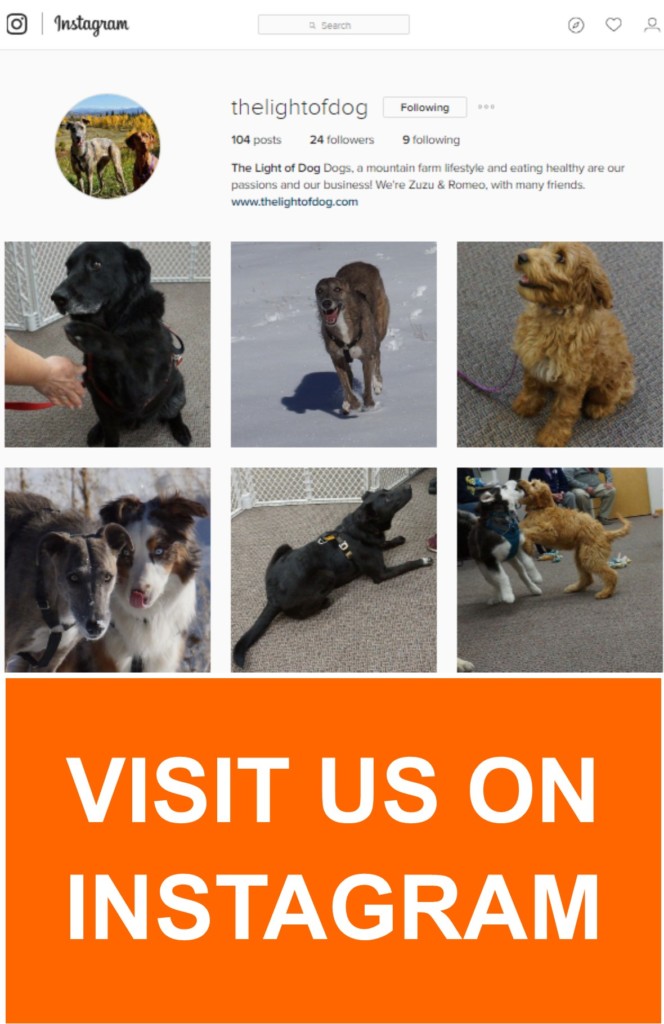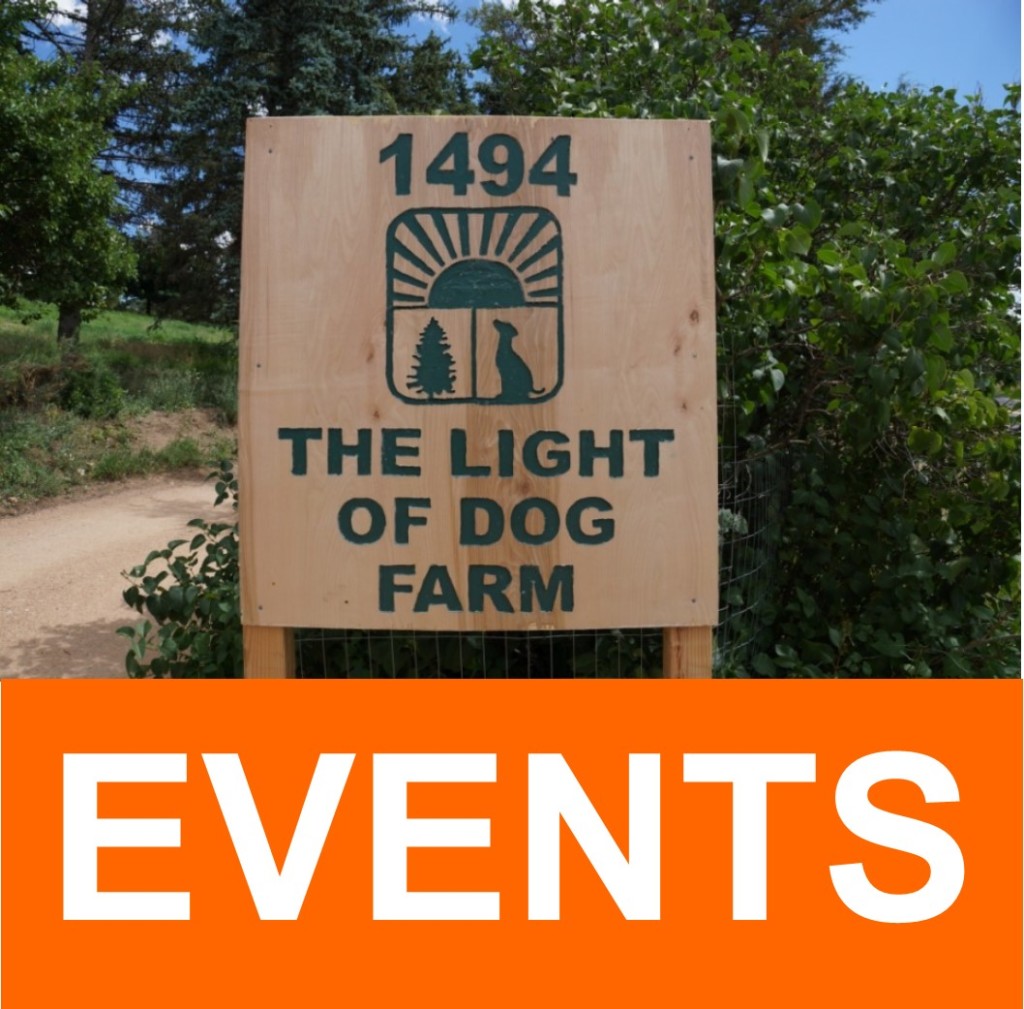Dog Training FAQs
Frequently Asked Questions About Our Dog Training
First, find out what training methods are used. Make sure you know and are comfortable with those methods before you sign up. At Love My Dog Training, we use only dog-friendly and people-friendly positive-reinforcement-based training. We believe in teaching our dogs what we want them to do. Dogs don’t know “right” from “wrong” only what works and what doesn’t. Focus should be on reinforcing the behaviors you want, not on punishing the behaviors you don’t want. Consider how you would want to be taught something new and give your dog the same consideration.
If something feels wrong to you or seems abusive toward your dog, do not allow it to happen. Just because someone is a “professional” does not mean they are using appropriate training methods. Trust your instincts!
Who will your instructor be? See the section below on “How do I choose a trainer?” for more information about choosing the right trainer for you. Some training locations have one trainer, others have several. Choose not only the right location, but the right trainer for you.
The Love My Dog Training instructor is a Certified Dog Behavior Consultant and Certified Professional Dog Trainer. Both Certifications are earned through independent organizations, not schools that give a “certificate of completion”. Ask about the trainer’s credentials and experience. Ask what any titles really mean and whether they were earned through independent certifications or simply created titles to sound impressive.
Does it feel like a good fit? Even if a training facility has been recommended to you, it might not be the best fit for you. Make sure you feel comfortable with the instructor. You should find someone who is not only good with your dog, but good with you! Some people are great at training dogs, but not very good at working with people. Some are very good at working with people, but not very good at training dogs. Find someone who is a good fit for both you and your dog!
Now that you’ve decided to ensure the trainer you choose uses positive reinforcement methods (and make sure they truly are positive methods and not just saying so!) you can look at all the different possibilities you have with training. There are many things you can train your dog to do – the key is to find something that fits your needs and that you and your dog will have fun doing. No matter what you want to do, some basic training is the foundation for all activities.
We offer private training to work on anything we do in our group classes as well as dealing with specific behavior problems.
Puppy Preschool Class or Basic Training Class are the classes that build the foundation behaviors, such as sit, down, come, leash manners, leave it, and wait/stay. In many other classes, these foundation classes are simply focused on teaching sit, down, etc. In the Love My Dog Training Classes, our focus is on teaching you how to most effectively train your dog and to help you learn to use these basic cues to resolve problem issues. What good is it if your dog can sit for a treat, but you can’t get him to stop jumping on visitors and darting out the door when it’s opened? We help you teach your dog to be the dog you dreamed of when you brought him or her home!
Next, you can take classes like Juvenile Delinquents and others that focus on gaining better reliability of the basic cues with distractions. From there, you can work on better behavior in public settings with our Polite Pooches in Public or Canine Good Citizen Test Preparation Classes. Or, you might decide to do something fun like Tricks for Treats or Fun & Games! If you have a dog who is very easily distracted, you might want to try our Distracted Dogs Class.
From there, you can go on to a variety of dog sports, such as Agility, Rally Obedience, Flyball, Tracking, Freestyle (dancing with your dog) or a variety of other options depending on the interests of you and your dog. Passing the Canine Good Citizen Test is often the next step for those who want to train their dog to be a therapy dog. Find something that you and your dog will both enjoy whether it’s for a specific need, a love to compete, or simply an opportunity to spend more time with your dog and have fun!
For a listing of the classes we offer, click here.
Puppies can begin our Puppy Preschool Classes and our Puppy Recess Socialization Sessions after they have had their first round of vaccinations. In fact, we encourage you to begin training as soon as possible. Not only do young puppies learn very quickly, but this is also their critical socialization period. Puppy Classes are not just for training but for socialization and learning social skills as well. The critical socialization period for puppies starts around 5 weeks and ends somewhere between 12 & 16 weeks. At this stage, it is critical that puppies have lots of positive experiences with other dogs, people, places, noises, and things. Dogs that are not exposed to a variety of these things in a safe and positive way will often grow up to be very fearful as adults which can cause many problems that will be difficult to overcome. The sooner you begin training, the better!
If you want a dog who can adapt to new situations and places and accept new people and other dogs, it is critical that they have plenty of appropriate socialization experiences as puppies – before they reach 16 weeks of age. Even if your puppy lives with another dog, this does not mean that your puppy will be able to get along with other dogs throughout his life. He needs exposure to other puppies or adult dogs who are safe and appropriate with puppies to learn proper social skills. Our Puppy Recess Socialization Sessions focus specifically on puppies learning appropriate social skills with other dogs. We also include socialization opportunities in our Puppy Preschool Classes.
This does not mean that socialization ends at 16 weeks. In fact, it is just as important to keep up the socialization process during adolescence, which generally can run from somewhere between 5 months and 1, 2 or even 3 years of age, depending on the breed of dog. (Large breed dogs tend to take longer to mature.) Our Juvenile Delinquents Classes are designed for the adolescent dogs who have completed Puppy Preschool Class. Our Basic Training Class is for adolescent or adult dogs who are just getting started with training. Our Basic Training Class includes a session on reading Dog Body Language so you can better learn to read whether your dog and the dogs you encounter are being appropriate or not.
Many of the behavior issues we see in adult dogs who come to us are due in part to a lack of proper socialization experiences as puppies. The more we can do in their early stages of life, the better the life we can give our dogs. It’s no fun going through life constantly afraid and stressed out by new people, places and things. Let’s help our dogs become well-adjusted, happy members of our society by properly socializing them as puppies and throughout their lives.
- you have a dog-friendly and people-friendly dog who could use the practice working around and interacting with others;
- you have a puppy who needs socialization as well as training;
- you want some help getting started training the basics (sit, down, stay, come, etc.); or,
- you want to learn the specific skills covered in a particular class.
Private training might be your best choice if:
- You have something specific you want to address that is not covered in a group class;
- Your dog is not dog-friendly or people-friendly;
- Your dog is too distracted by other dogs, people or new locations to be able to focus;
- You feel you need more one-on-one help than a group class can provide;
- Your schedule makes it difficult to regularly attend a group class; or,
- You simply want private training
Also, consider whether or not a medical or physical issue could be contributing to the problem. For example, if you are having a housetraining problem, could there possibly be a medical issue causing the problem? If so, consider a check-up with your vet first.
Don’t expect a quick fix, and beware of anyone who guarantees a quick fix! Most issues will take some effort on your part! The degree of success will depend in part on what you are trying to address, how long it’s been going on, whether or not it’s a natural behavior for your dog (such as chasing squirrels!), and whether or not you are willing to put the effort into addressing the behavior – some issues will take more work than others. Each situation is different, so there is no magic answer as to how long it will take or how much effort will be involved. We would be happy to schedule a Behavior Consultation to get you started on any specific behavior issues.
Ask about the credentials and experience of any dog trainer you are considering. While some trainers will claim to be “certified” or have some other fancy title that implies great knowledge or experience, some of these titles are simply made up or are a result of a “certificate of completion” from a certain training school, but are not a true certification. If someone is certified, they should have a certification from an independent organization that conducts some type of testing and has certain standards that the applicants must meet. In addition, there should be a continuing education component required to maintain certification.
There are very few independent certifications available for dog trainers. One such independent certification is through the Certification Council for Professional Dog Trainers. They require a minimum of 300 hours of teaching as well as recommendations from a veterinarian, a colleague and a client before applicants may sit for the written exam. While it is not a guarantee that the certificant is a good trainer, it is a start in the right direction to show the trainer is committed to keeping up with continuing education and has some knowledge of dog behavior, training and related topics. People who are certified with this organization will have CPDT-KA after their names, which stands for Certified Professional Dog Trainer – Knowledge Assessed. The Love My Dog Training Trainer has this certification.
The Love My Dog Training Trainer is also certified as a Certified Dog Behavior Consultant through the International Association of Animal Behavior Consultants. This organization is focused on behavior consulting rather than dog training. While a behavior consultant needs to also be a trainer, most trainers are not behavior consultants. A trainer can help you train your dog to sit, down, come, etc., but a behavior consultant can help you address problematic behavior problems, such as aggressive behaviors, resource guarding, leash reactivity, marking, jumping, etc. For more information on this organization and the certification, you can go to their website at: https://www.iaabc.org
A Certified Dog Behavior Consultant can help you to address the underlying issues that are causing your dog’s behavior issues. For example, barking can be a serious issue for some, and some trainers will recommend putting a “bark collar” on your dog which punishes the dog for barking. However, if your dog is barking out of fear or anxiety, a bark collar will not only be inappropriate, but can make your dog’s fear or anxiety worse. A Certified Dog Behavior Consultant can help you understand the underlying issues causing the problematic behaviors and help you resolve those issues in an appropriate way that will show long term results.
Additional Frequently Asked Questions
Group Classes
- Puppy Preschool: Client Corner for Puppy Pre-School Class Attendees
- Basic Training: Client Corner for Basic Training Class Attendees













